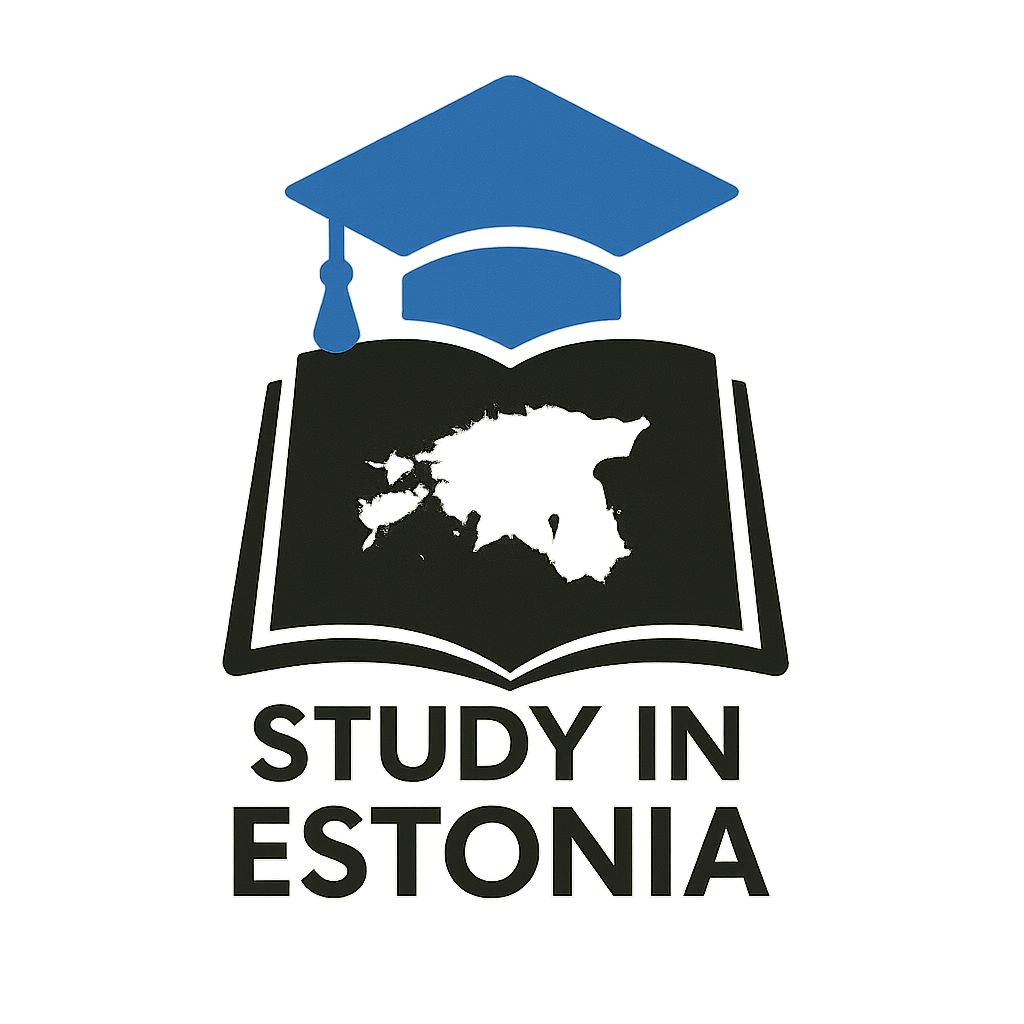How to Prepare for University Exams in Estonia: A Comprehensive Guide
Table of Contents
Understanding the Estonian Academic Environment
Estonia offers a progressive and student-centered academic framework, emphasizing critical thinking, group work, and research. Familiarizing yourself with the academic culture will help you adapt and excel during your studies.
Key Features of Estonian Universities:
- Diverse Assessment Methods: Exams can take various forms, including written, oral, and practical assessments. Each format requires different preparation strategies.
- Student Support Services: Estonian universities provide resources such as tutoring centers, counseling services, and study workshops designed to aid student learning.
Develop a Study Plan
Creating a structured study plan is crucial for staying organized and ensuring you cover all necessary material before exams.
Steps to Develop an Effective Study Plan
- Start Early: Begin your exam preparation well in advance, ideally at least a month before the exam period. This allows ample time to cover all topics thoroughly.
- Break Down the Syllabus: Divide your syllabus into manageable sections. Assign specific goals to each study session to maintain focus and progress.
- Prioritize Topics: Identify which subjects or topics require more attention based on your confidence level and understanding.
Utilize Available Resources
- University Libraries: Make the most of your university’s extensive physical and digital libraries, which offer access to books, academic papers, and research materials.
- Multiple Learning Resources: Review lecture notes, textbooks, and online resources provided by your professors to obtain diverse perspectives on the subjects.
For further tips on effective study strategies, explore our resources on study techniques.
Practice Exam Techniques
Understanding how exams are structured in Estonia is critical for effective preparation.
Familiarize Yourself with Exam Formats
- Written Exams: Typically involve essays or problem-solving questions. Practice past papers to enhance your writing and analytical skills.
- Oral Exams: These exams may require you to answer specific questions after a brief preparation period. Rehearsing potential questions and answers can reduce anxiety.
- Practical Exams: Often relevant in fields like engineering and health sciences, these require hands-on application of knowledge.
By practicing under exam conditions, you will build confidence and improve your time management skills during the actual exams.
Study Smart
Adopting effective study habits can make a significant impact on your academic performance.
Create a Conducive Study Environment
- Choose the Right Space: Select a study location that minimizes distractions, whether it be a quiet corner in the library or a lively café where you feel comfortable working.
- Digital Tools and Applications: Utilize apps for time management and note-taking to enhance productivity during study sessions.
Implement Active Learning Techniques
- Chunking: Break your study material into smaller sections to avoid feeling overwhelmed. Focus on one topic at a time and take regular breaks.
- Teaching Others: Explaining concepts to your peers is an excellent way to reinforce your understanding and identify areas needing further review.
- Practice Tests: Create or study with mock exams to familiarize yourself with potential questions and refine your exam strategies.
To learn more about effective study habits, check out our detailed guides on study techniques.
Utilize Campus and Digital Tools
Taking advantage of the wide range of campus resources available can greatly enhance your exam preparation.
Campus Resources
- Tutoring Centers: Many Estonian universities have tutoring programs where students can receive additional assistance in challenging subjects.
- Study Groups: Form study groups with classmates to share knowledge and resources. Collaborative learning can often lead to deeper understanding.
Digital Tools
- E-Learning Platforms: Explore online courses and resources provided by your university that can supplement your learning outside the classroom.
- Research Databases: Utilize your university library’s access to academic journals and databases that enable you to conduct in-depth research on your subjects.
For a more comprehensive exploration of academic resources, visit our students’ resource page.
Manage Stress and Stay Healthy
Maintaining your mental and physical health is essential during the exam period.
Strategies for Stress Management
- Balanced Routine: Ensure that your schedule includes time for studying, rest, and leisure activities. This balance prevents burnout and promotes overall well-being.
- Healthy Lifestyle: Eat nutritious meals, exercise regularly, and get sufficient sleep to keep your mind sharp.
- Counseling Services: If you find exam stress overwhelming, consider reaching out to your university’s counseling services for support and guidance.
By implementing these healthy habits, you can approach your exams with a clear mind and a focused attitude.
Conclusion
Preparing for university exams in Estonia requires thoughtful planning, effective study techniques, and utilizing available resources. By following the strategies outlined in this guide, you can enhance your exam performance and academic success.
At Study in Estonia, we are dedicated to empowering international students with the resources and support they need to thrive in their educational journey. If you are looking for further assistance or partnership opportunities in student recruitment or placement, please contact us today to explore potential collaborations. Together, we can facilitate a rewarding academic experience for students in Estonia.
Take the Next Step with Study in Estonia
Explore further opportunities and resources available for international students.

